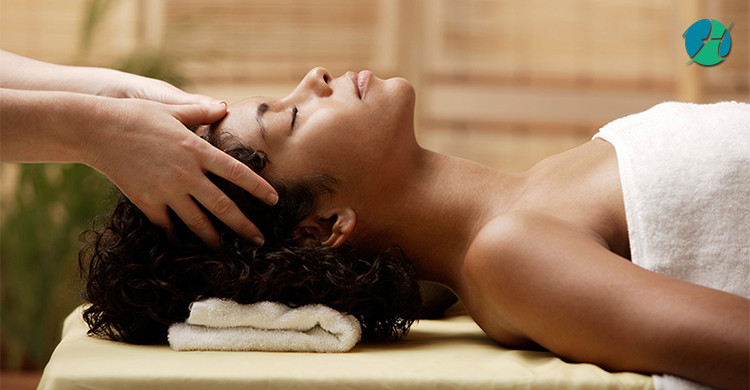Massage Therapy Helps with Better Sleep

With an estimated 50 to 70 million Americans living with some type of sleep disturbance, it’s no wonder there’s an increased cultural focus on better sleep. Insomnia isn’t the only cause of lost sleep; everything from chronic pain to difficulties breathing can interfere. Could massage therapy be the answer to your sleep woes?
The Dangers of Deprivation: Why Everyone Needs Better Sleep
There are a host of reasons why you might not be clocking all the hours of restorative sleep you need, but the effects are largely the same no matter why you’re not sleeping. Sleep deprivation can make you more irritable across the board, which can have some far-reaching implications for interpersonal relationships. You may struggle to form memories properly, experience delayed reaction times and struggle to think clearly when you’re operating on too little sleep,
Too little sleep or poor sleep quality is associated with a wide range of physical health problems, including increased risk of:
- Diabetes
- Obesity
- Heart disease
- High blood pressure
It’s also important to consider the dangers of sleep deprivation in relation to your ability to safely complete tasks like driving or operating machinery. Driving while drowsy is comparable to driving while under the influence of alcohol, with even fatal crashes sometimes happening as a result of a sleep-deprived driver. No matter why you’re struggling to get the restorative sleep you need, there’s no denying the myriad risks to your emotional and physiological health, as well as the physical safety of yourself and those around you.
Exploring Massage Therapy for Better Sleep
The reasons for struggling to obtain restorative sleep are as unique and varied as the number of patients experiencing chronic sleep deprivation. Insomnia can be the result of chronic pain that makes it difficult to find a comfortable sleeping position, sleep apnea, anxiety and depression and hormone production.
Massage therapy has been shown to have a significant effect on chronic pain levels for patients suffering from a wide variety of ailments, but it can also lower levels of the stress hormone cortisol while increasing production of serotonin, a hormonal precursor to melatonin, the hormone responsible for inducing feelings of sleepiness. It’s also shown significant promise as adjunctive therapy for post-traumatic stress disorder, depression and anxiety, all of which can wreak havoc with sleep patterns.
For the majority of patients, massage therapy is a very safe, low-risk treatment in the pursuit of better sleep. Because massage therapists do not prescribe medication, it’s an all-natural treatment that targets the natural mechanisms of the body to induce deeper, more restorative and overall better sleep.
Massage triggers the relaxation response, which is the inverse of the fight-or-flight instinct, priming you for a better sleep session immediately after a treatment. Relaxation of tense and sometimes painful muscles is another natural side-effect of massage therapy, helping you to address any aches and pains that may be contributing to your troubles each night.
If you’re struggling to get the sleep you need for healthy functioning, working with a massage therapist may be able to provide relief without prescription sleep aids or additional medication.

